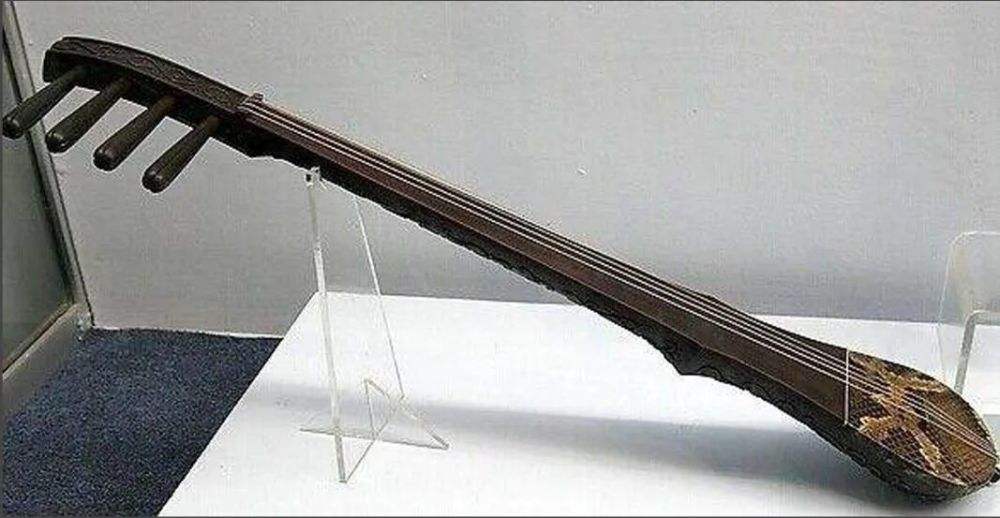The origin and development history of Sugudu
Sugudu, also known as Segudu, is called Huobusi, Huba, and Amber in Chinese. The Naxi people play stringed instruments. The Naxi language Sugudu means one must learn. Popular in Lijiang Naxi Autonomous County, Yunnan Province.

Sugudu is an ancient stringed instrument introduced from northern Mongolian areas.
According to legend, in the first year of Baoyou in the Southern Song Dynasty (AD 1253), Mongolian Kublai Khan (later Yuan Shizu) led an expedition to Dali, Yunnan. Entering Dali, the two became friends. When Kublai Khan returned to his division in triumph, he ordered the musicians in the army to compose ten chapters of the music "Thanks for the Gifts at Farewell Time", and presented the musicians and all the musical instruments of the army band to Ah Liang, the King of Heaven of Mu, among them Huo Busi.
In the "Lijiang Prefecture Zhilue" compiled in the eighth year of Qianlong in the Qing Dynasty (AD 1743), there is a record about this Naxi classical music: "The barbarians all have songs, dance, dance, and music, and the musicians call them 'Xile Music'. '. The zither, flute, and pipa (planned to be Huobusi) are the same as those of the Han system.
Huobousi has been spread for thousands of miles from the Mongolian people in the north to the Naxi people in the southwest, and has been used for a long time.
Sugudu has been circulating in Lijiang for a long time. In the early days of the founding of the People's Republic of China, when Naxi artists performed this music, they also wore Mongolian costumes. This kind of white sand music consists of three parts: song, dance and instrumental music. Now it mainly focuses on instrumental music. The band consists of recorder, horizontal flute, reed pipe, sugudu, zheng and huqin.
 渝公网安备 50010702504639号
渝公网安备 50010702504639号